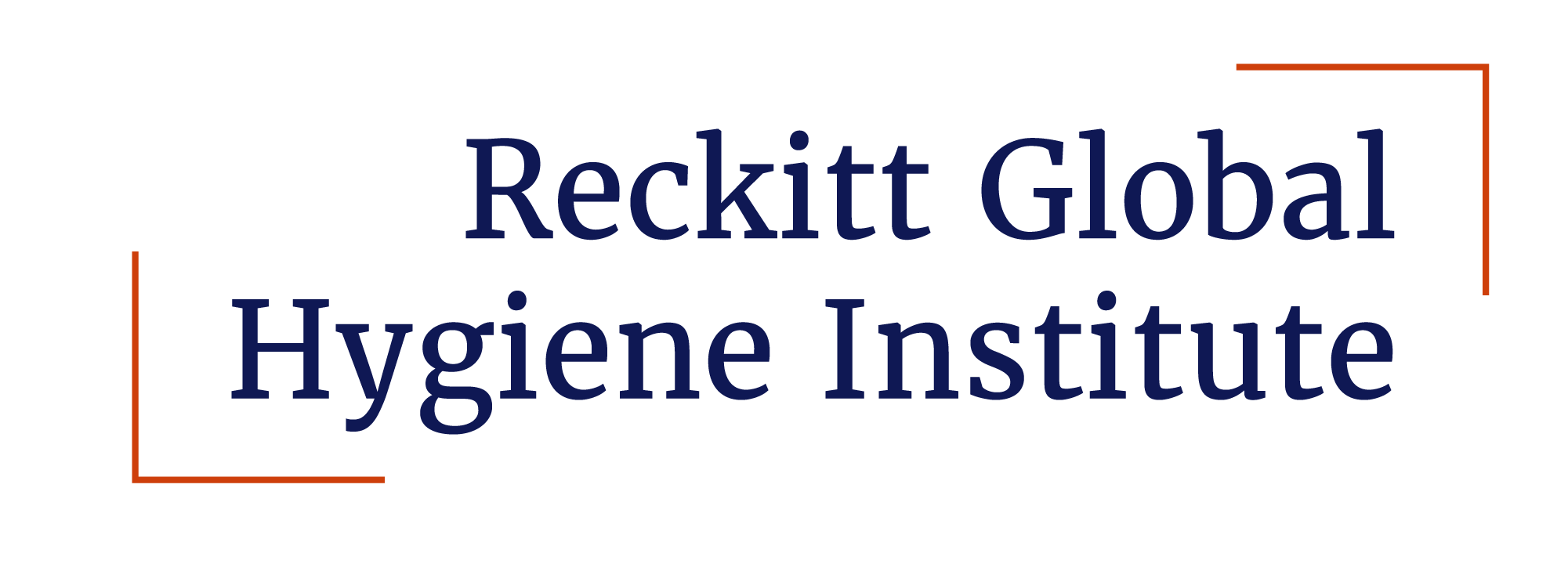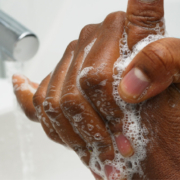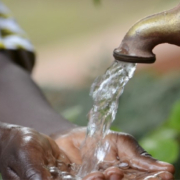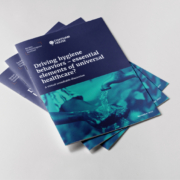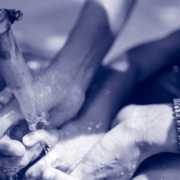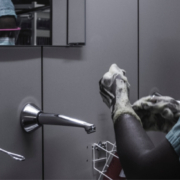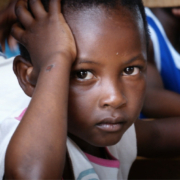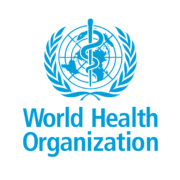UHC is not a realistic goal while hygiene continues to be ignored
Universal health coverage (UHC) is a global goal set by the United Nations with hopes it will be achieved by 2030. On 12 December, UHC Day, hygiene experts said that the goal won’t be achieved if hygiene continues to be neglected by decision-makers.
UHC, as defined by the World Health Organization, is the idea that “all individuals and communities receive the health services they need without suffering financial hardship.” The theme of UHC Day 2022 is: Build the World We Want: A Healthy Future for All.
But if communities aren’t given the resources and access to good hygiene practice, including menstrual hygiene, a healthy future for all won’t be achieved, said Dr Patricia Garcia, RGHI Expert Panel member and Affiliate Professor, Global Health Dean of the School of Public Health, Cayetano Herdia University, Peru.
UHC is about offering services that prevent illnesses and promote good health while also offering treatment and rehabilitation.
“Hygiene is integral to the provision of such services. If there is a lack of clean water and soap to wash hands in a hospital, poor sanitization of facilities and no clean gloves and other materials in a ward, the health of patients and health care providers is immediately jeopardised,” said Simon Sinclair, RGHI Executive Director.
As it stands, 1 in 4 health care centres don’t have hand-washing facilities while half in the low-income countries have no clean water. That means that over 2 billion people only have access to a healthcare facility without clean water to wash hands or surfaces. This, in spite of the United Nations Secretary-General António Guterres’ 2018 global call to action for there to be adequate water, sanitation and hygiene in all health care facilities globally.
Even in higher-income countries where there are such facilities, hospital acquired infections kill thousands each year. Out of every 100 patients in acute-care hospitals, seven patients in high-income countries and 15 patients in low- and middle-income countries will acquire at least one health care-associated infection (HAI) during their hospital stay. On average, 1 in every 10 affected patients will die from their HAI[i]. Research has shown a direct correlation between the number of hospital acquired infections and poor hand hygiene. In India, for example, when hand hygiene compliance improved, there was a significant reduction in the number of infections.
“It’s really quite simple: washing hands regularly not only prevents the contraction of various illnesses such as colds, flu and cholera but it prevents infections from spreading within a health care setting too,” said Dr Patricia Garcia. “Unless hygiene is invested in and seen as a foundation of health, providing adequate health care for everyone won’t happen. Adequate health services mean clean and hygienic facilities, and people – especially health care providers – applying good hygiene behaviours.”
RGHI believes hygiene has been missing from UHC conversations and efforts thus far. Where is the investment in hygiene education? Where is the implementation of more handwashing facilities? Why aren’t we talking about how to make menstrual hygiene management accessible?
Currently, very few counties allocate a portion of the national budget to hygiene promotion. In fact, according to WHO, only 4% of countries say they have enough money to meet their national hygiene targets.
At the same time, there’s little or no research conducted on national hygiene gaps and how to achieve global hygiene targets. Only 9 of 38 countries in the 2020 UN-GLAAS report had coverage data for hygiene targets.
“The lack of evidence detailing where there are deficiencies in hygiene behaviours and resources makes it difficult for decision-makers to be aware of the problem and address it,” Dr Patricia Garcia continued. “But following COVID-19, it’s clear that there needs to be more of a concerted effort to ramp up awareness about how hygiene is connected to health outcomes and to invest in resources to ensure good hygiene practices.”
RGHI’s remit involves working with researchers and scientists to develop a more robust body of hygiene research that will allow decision-makers to better assess the gaps in implementation and the most effective ways of addressing hygiene needs. So far, research is ongoing in how to improve the economic evaluation of handwashing interventions; measuring unmet menstrual health and hygiene needs and their impacts on health and education; and assessing the effectiveness of community-led initiatives on hygiene practices and maintenance of handwashing facilities in low-income settings in Kenya, amongst others.
“Only when armed with evidence can resources be better allocated and initiatives rolled out that embed hygiene, and improve the situation.” said Simon Sinclair. “At that point, we can talk about UHC being attainable. Until then, the idea of delivering on such a goal is lofty at best, irrational at worst.”
—
[i] WHO launches first ever global report on infection prevention and control
